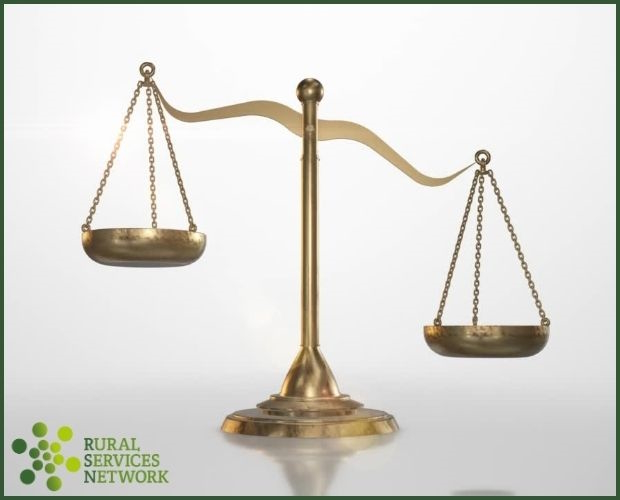T: 01822 851370 E: [email protected]
Kerry Booth, Chief Executive of The Rural Services Network has written to the Minister of State for Local Government and Homelessness, Alison McGovern MP, to raise serious concerns about the removal of the remoteness adjustment from the new Local Government...
The Housing, Communities and Local Government Committee has issued a stark warning that the current local government funding system is no longer sustainable – calling for urgent reform to protect vital services and local democracy. The Committee’s report, The Funding...
In a recent spirited debate at Westminster, MPs discussed the pressing issues faced by rural communities across the UK, shedding light on the unique challenges rural areas endure. Caroline Voaden, MP for South Devon, highlighted the profound rural-urban ‘divide’, emphasising...
A recent report by the Local Government Information Unit (LGIU) has painted a stark picture of the financial pressures facing local councils in England. The LGIU’s 12th annual "State of Local Government Finance" survey has brought to light significant challenges,...
A recent Local Government Finance Debate, overseen by Madam Deputy Speaker Caroline Nokes, offered a comprehensive platform to discuss the future of local government funding in England. Minister Jim McMahon and other key figures provided insights into the challenges local...
As the Final Local Government Finance Settlement has now been published, the Rural Services Network (RSN) expresses deep concern over the allocation of government funding. The settlement fails to ensure a fair distribution of resources and does not adequately recognise...
The importance of rural councils coming together was highlighted last week with an urgent meeting called by the Rural Services Network of local authority members. Following the Local Government Finance Policy Statement published on 28th November which set out the...
Last week the Government published the policy statement for Local Government Finance 2025-2026. This included outline details of the headline allocations through the Provisional Settlement for Local Government for which a consultation will be launched in December ahead of the...
The Rural Services Network (RSN) is committed to highlighting the unique challenges faced by rural councils in delivering quality services. Recent parliamentary discussions shed light on the critical issues surrounding the funding of local councils, particularly in rural areas like...
Rural MPs had a clear message for the government during their Westminster Hall debate last week on the funding of rural councils; act now or councils will go bust and lives will be lost. The Rural Services Network provided briefings...
NEWSLETTER
Sign up to receive all our latest news and updates.
HOT TOPICS
Amid reduced public spending, fair resource allocation across regions is crucial. Despite a population larger than Greater London, rural areas receive significantly less funding for essential services, even though delivering these services in rural areas is more expensive.
Economic growth is widely acknowledged as essential for national wealth and prosperity and is a priority for political parties. Rural economies, employing millions and home to a higher proportion of small businesses, have potential for growth if barriers are removed.
Rural residents face distinct healthcare challenges, including limited access to transport, longer distances to medical facilities, an aging demographic, housing inadequacies, digital connectivity gaps, and difficulties recruiting health and care workers.
Rural communities are grappling with a severe affordable housing crisis, marked by high house prices, a lack of affordable housing, elevated living costs, and lower incomes, threatening their sustainability and vitality.
Transport is vital for the quality of life and economic health of rural areas, yet it faces challenges such as infrequent public bus services and less Government funding compared to urban regions.
Rural areas, encompassing a substantial portion of England's population and land, play a pivotal role in combating climate change and achieving the net zero target.
In an increasingly digital world, the lack of robust digital infrastructure in rural areas severely limits access to crucial services and stifles economic growth.
A future-focused vision for rural communities involves not just building the right homes in the right places but also ensuring thriving, sustainable communities.
SIGN UP TO OUR NEWSLETTER
Sign up to our newsletter to receive all the latest news and updates.












